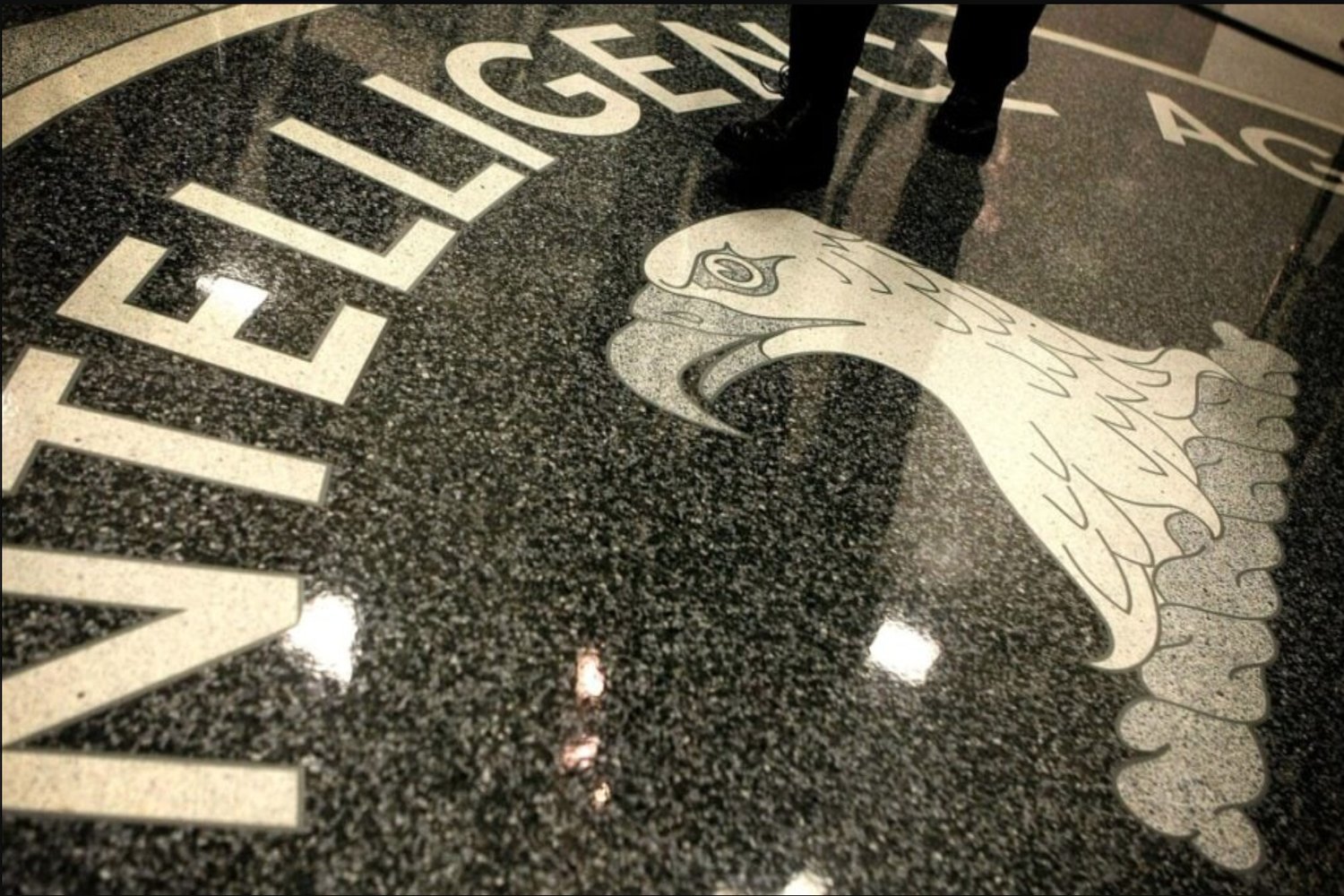CIA May Have Derailed Research Into ‘Havana Syndrome’

It’s been awhile since we heard anything about “Havana Syndrome,” the bizarre brain malady supposedly impacting droves of U.S. service members all over the world. Now, a new report suggests that the Central Intelligence Agency recently helped derail a government probe into the phenomenon.
The National Health Institute has been researching the bizarre health incidents but has now said that it will end that research “out of an abundance of caution.” According to a report from CNN, the research is being halted because an internal probe of the program found that some research subjects had been “coerced” into participating in the program. Forced participation in research is considered deeply unethical. CNN also notes that some participants in the program had “previously claimed that the CIA made them join the research as a prerequisite for getting health care.”
In a recent statement, the NIH said that its “informed consent” policies related to the study “were not met due to coercion, although not on the part of NIH researchers.” “Given the role of voluntary consent as a fundamental pillar of the ethical conduct of research, NIH has stopped the study out of an abundance of caution,” the health agency noted.
Marc Polymeropoulos, a former CIA official who has claimed to suffer from Havana Syndrome, previously told CNN: “They wanted us to be a lab rat for a week before we actually got treatment at Walter Reed—and at bare minimum, that is unethical and immoral.” Polymeropoulos had also previously said he thought that the CIA’s senior leadership “ordered” personnel to participate in the research.
Gizmodo reached out to the CIA and the NIH for comment. The agency previously denied that personnel were ordered to participate in the program.
Nobody is quite sure what to make of Havana Syndrome. Some people think it’s a hoax. Others, more controversially, say it’s evidence that some sort of “sonic weapon” exists that has been zapping U.S. personnel without their knowledge. Experts have yet to reach a consensus, and the syndrome has been blamed on a host of culprits—including mass psychogenic illness and crickets.
While the NIH’s study states that there is no evidence of significant brain injury in the afflicted, multiple previous studies that were not connected to the government seem to have stated the opposite. A 2018 study published by researchers at the University of Pennsylvania’s Perelman School of Medicine found that Havana sufferers appeared to have symptoms “similar to those found in persistent concussion syndrome, yet there was no evidence of blunt head trauma.” Another study conducted by researchers with the same school, published in 2019, showed “significant differences in brain tissue and connectivity when compared to healthy individuals.”
“The areas implicated in the patients’ brains, namely the cerebellum as well as the visuospatial and auditory networks, align with the neurological symptoms that were observed in the patients,” said lead author Ragini Verma, PhD, a professor of Radiology and head of the DiCIPHR (Diffusion and Connectomics in Precision Healthcare Research) imaging lab at the school. “These differences persisted even when people with some history of brain injury were excluded from the analysis.”
Another research group, this one hired by the intelligence community itself, also claimed that the most likely explanation for Havana Syndrome might be some sort of electromagnetic weapon. Intelligence officials came out against this interpretation weeks before the study was published.

